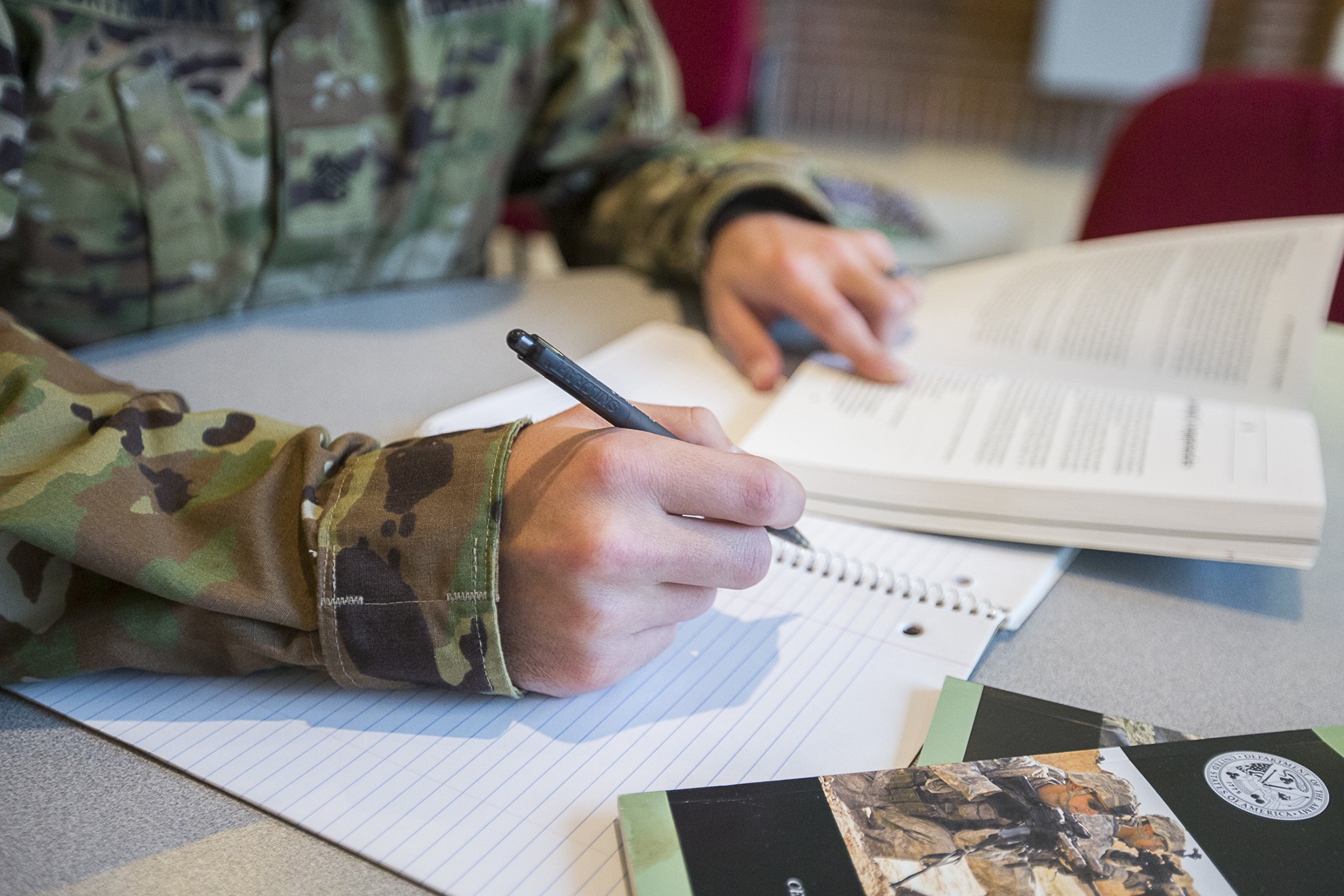8 Misconceptions about the GI Bill

Misconceptions about the GI Bill
Known as the most comprehensive education benefits package, the GI Bill is an option for a more affordable (or depending on your time of service, no added expense) education. However, there are many misconceptions and ins & outs to the GI Bill benefit package. Set yourself up for success by understanding the GI Bill through understanding these 8 misconceptions.
1. GI Bill benefits make college free for military.
FALSE. This statement is frankly not true. Those who qualify for the GI Bill benefits earned those benefits while serving their country in the United States Armed Forces. Furthermore, there may be expenses that are not covered by your military education benefits and these must be managed by the student in many cases.
2. I can only use the GI Bill after I get out of the military or once I’m not active duty.
FALSE. While the GI Bill was created to help veterans with college education expenses, it is certainly possible for servicemembers to use it while on active duty. Learn more about using your GI Bill benefits.
- While on active duty
- All the different ways you can use the Post-9/11 GI Bill
- How to transfer to a spouse or dependent
3. The VA will notify the college or university when it receives a benefits application from a veteran.
FALSE. Assuming that the VA does this causes delays in payments because your school is unaware that your enrollment needs to be verified. To avoid delays, send a signed copy of your application to the VA official at your school, as soon as you submit your application to the VA.
4. I will receive my GI Bill benefits as soon as I enroll.
FALSE. Before you can apply for benefits, work with your academic adviser, determine your major, and develop an educational plan. Then, select your courses, enroll, & then with your school’s VA certifying official, apply for benefits.
5. If I am using my GI Bill online to get a degree, I don’t quality for BAH.
FALSE. If you are pursuing a degree totally online, you are still entitled to receive one-half of the national average of the basic allowance for housing, as long as you are a full-time student. To receive the full monthly housing allowance, you need to be a full-time student taking at least one on-ground class each term. VA.gov adds, “If you take at least one class in person while taking other online learning classes, you may be eligible for the higher resident Military Housing Allowance.”
6. I can’t use other forms of financial aid.
FALSE. A common misconception is that the GI Bill can be your only means of payment when it comes to tuition and fees. The truth is that you can also apply for student loans, scholarships and Pell Grants to help supplement the cost of school. Explore other types of military specific financial aid, here.
7. I will still receive housing allotment & stipend during the summer when not taking courses.
FALSE. Under the Post-9/11 GI Bill, students earn a housing allowance based on the actual number of days they attend school. If students opt to take a break, the benefits stop until they’re back in school. For example, if you attend classes for 10 months out of the year, your benefits used equal 10 months, not 12. But no funds are paid for days you aren’t in class.
8. Since I served in the military, I am eligible for a degree program to be fully covered by the GI Bill.
FALSE. The Post-9/11 GI Bill typically covers 36 months of educational assistance. However, the amount of monetary assistance you’re eligible for depends on several factors including how long you served in an active duty capacity following Sept. 11, 2001. For example, someone who served on active duty for 36 consecutive months would be eligible for 100 percent of the benefit while someone who served 12 months would be eligible for only 60 percent of the benefit. However, there are exceptions to the rule. Service members who have a disability-related discharge only need 30 or more consecutive days of service for 100 percent eligibility.
How to Explore Your Benefits Package…
The bottom line: Contact a school VA official or a military base education office to explore all the possible ways benefits can be used. If you are beginning your college or university search, use School Finder.
RELATED:
- Post-9/11 GI Bill
- Transferring Your GI Bill to Spouse and Dependents
- Beyond the Post 911 GI Bill: Additional Money for Veterans
- Using the GI Bill with For-Profit Colleges
- 6 GI Bill Myths Debunked
